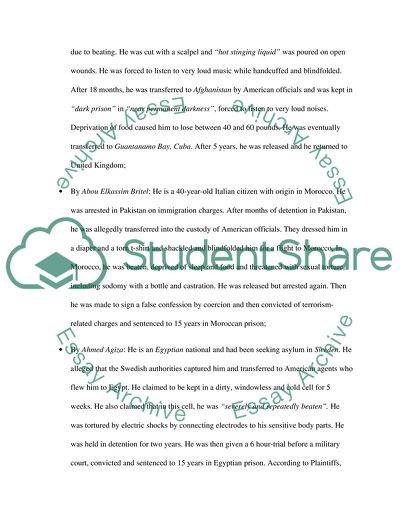Cite this document
(American Civil Liberties Union: National Security and Human Rights Research Paper, n.d.)
American Civil Liberties Union: National Security and Human Rights Research Paper. Retrieved from https://studentshare.org/politics/1747198-mohamed-v-jeppesen-case-sept-8-2010
American Civil Liberties Union: National Security and Human Rights Research Paper. Retrieved from https://studentshare.org/politics/1747198-mohamed-v-jeppesen-case-sept-8-2010
(American Civil Liberties Union: National Security and Human Rights Research Paper)
American Civil Liberties Union: National Security and Human Rights Research Paper. https://studentshare.org/politics/1747198-mohamed-v-jeppesen-case-sept-8-2010.
American Civil Liberties Union: National Security and Human Rights Research Paper. https://studentshare.org/politics/1747198-mohamed-v-jeppesen-case-sept-8-2010.
“American Civil Liberties Union: National Security and Human Rights Research Paper”, n.d. https://studentshare.org/politics/1747198-mohamed-v-jeppesen-case-sept-8-2010.


